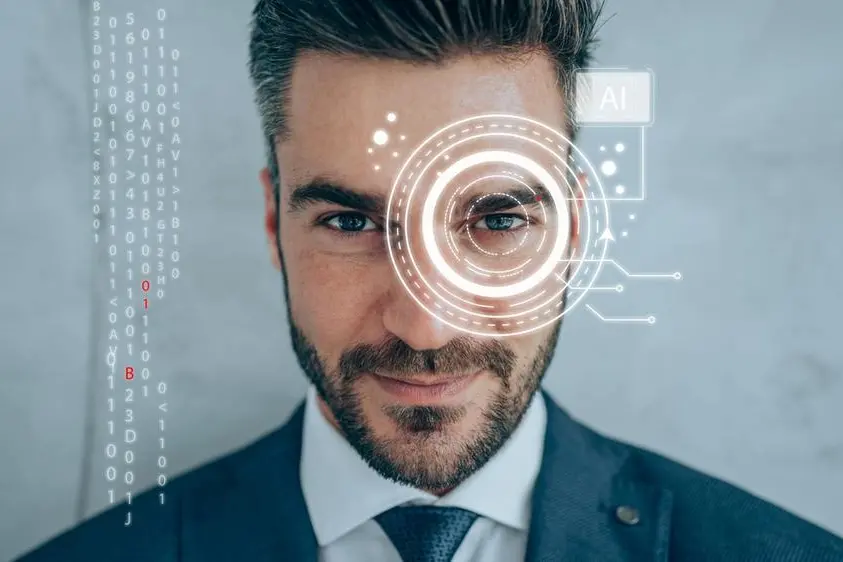PHOTO
Very soon, people will no longer be using devices. Instead they will have an earphone that will be control all their devices ranging from their refrigerators to their cars. This will be how the technology-driven future will look like, according to experts at the Tribe 2024 conference on Thursday.
“Devices will be embedded into everything around you,” said Giacomo Ziani, senior director of group marketing and communication at G42. “The need to interact with a device that we hold in our hands is disappearing. Phones are going to be gone in a matter of few years. That means everything we do with our phones will become available to us in a mixed reality manner.”
Giacomo was speaking at the conference organised by Khaleej Times that brought together chief marketing officers (CMOs) from around the country to discuss the future of their roles.
Speaking at a panel about revolutionising engagement, several experts agreed that artificial intelligence (AI) would change everything we know about the world. “For many years companies have been trying to be efficient and provide personalised services,” said Fahed Bizzari, Founder & Mentor at The ChatGPT Accelerator. “But now, for the first time, we are able to realize he vision of efficiency without sacrificing effectiveness. Soon, we will have customers walking down aisles in supermarkets and AI can tell what they are interested in by how long they look at a product.”
Pivoting
Giacomo explained that companies will have to learn how and when to pivot. “The key to this whole AI revolution is being able to timely and relevant in the engagement and communication with our customers,” he said.
He gave the example of how the system of cold calls from banks need to stop. “They have all my data and they know how I use my money,” he said. “They know my habits. Why are they calling me offering me services that have no relevance to me? So this shows they are not relevant and timely. Customers are becoming more demanding because they are used to seeing content that is customized to them.”
He explained that the same needs to happen to ineffective chatbots, when asked about the recent KT poll which indicated that customers preferred humans to chatbots. “Organisations need to take the feedback and interpret the data when they see that user experience is failing,” he said.
According to Susana Correia, Head of Search & Staffing MENA at LinkedIn Talent Solutions, the ability to pivot defined the future of companies. “We need to build teams that are resilient,” she said. “We need to be able to pivot strategies to adapt to consumer needs. One of the most required skills is adaptive leadership.”
Using AI
Fahed explained how his team had used ChatGPT to their advantage. “We did a feedback survey and asked ChatGPT to analyse it,” he said. “After analysing all the forms, it came up with ideas for some products.”
Fahed and his team took the recommendations for new products and put it back into ChatGPT to test how customers will react to it. “The first thing it did was say that everyone will think it is amazing,” he said. “When we asked it to be critical, it started pointing out all the flaws in the product. This shows that AI is immediately accessible to all of you. It shortens the time needed to take decision because it gives you immediate feedback before you take it to the market.”
In a separate session, AI expert Hassan Habib said that it was important to look at AI as a cultural shift. “The future continues to be bright,” he said. “That is why we need to look at AI as a friend rather than a foe. The faster we do that, the quicker we can leverage it to our advantage.”
Nasreen Abdulla





















